Flatbed trailers form an integral part of the logistics and transportation sector. They are engineered to carry goods ranging from bulky machinery to raw materials. To ensure strength, weight efficiency, and durability, the materials used for constructing these trailers hold paramount importance. The predominant material in flatbed trailers is steel. This article delves into the diverse types of steel utilized in flatbed trailer manufacturing, their properties, advantages, and the factors influencing steel selection.
Types of Steel Commonly Used in Flatbed Trailers
The choice of steel types is vital for optimizing strength, weight, cost, and overall performance. Below are the primary steel categories used in the manufacturing of flatbed trailers:
1. Carbon Steel
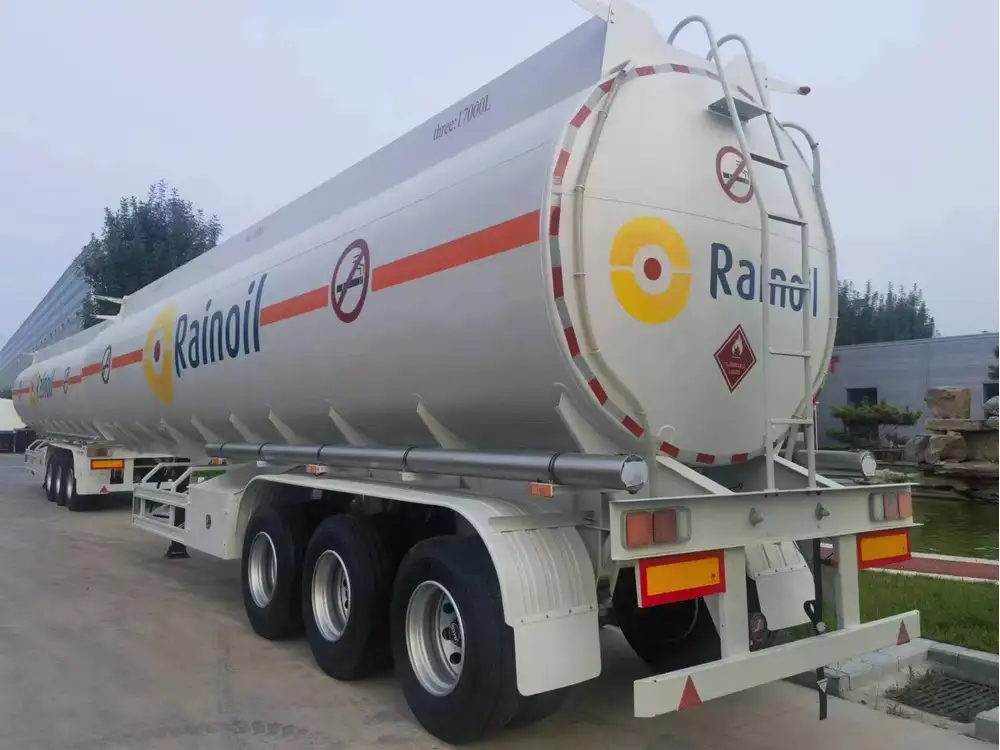
Overview:
Carbon steel is one of the most prevalent types of steel used in flatbed trailers. It primarily consists of iron and carbon, with carbon content typically ranging from 0.05% to 2.1%.
Properties:
- Strength and Toughness: Highly robust, carbon steel can withstand extreme forces.
- Weldability: Offers excellent weldable properties, which are crucial for trailer manufacturing.
- Cost-Effectiveness: Often more affordable compared to other steel grades, making it a popular choice.
Applications:
Utilized in beams, flatbeds, and structural components, carbon steel can vary in thickness according to load requirements.

2. Alloy Steel
Overview:
Alloy steel comprises additional elements like chromium, nickel, and molybdenum alongside carbon, which enhance its mechanical properties.
Properties:
- Enhanced Durability: Improved resistance to wear and better tensile strength compared to carbon steel.
- Versatility: Can be tailored for specific applications through various heat treatments.
- Corrosion Resistance: Certain compositions increase resistance to corrosion, beneficial in adverse environments.
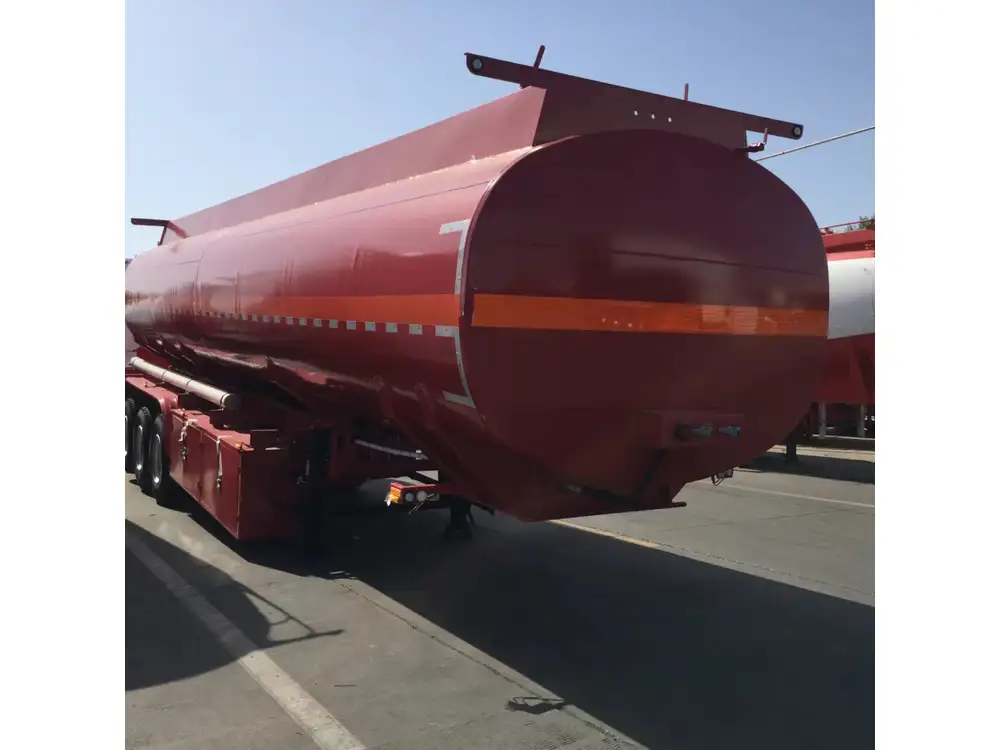
Applications:
Ideal for flatbed trailers operating in rugged conditions, alleyways, or where exposure to corrosive elements is significant.
3. High-Strength Low-Alloy (HSLA) Steel
Overview:
HSLA steel is designed to provide better mechanical properties and greater resistance to atmospheric corrosion than conventional carbon steel.

Properties:
- Lightweight but Strong: Allows for reduced weight without compromising on strength.
- Improved Formability: Easier to shape and fabricate, making it suitable for complex designs.
- Cost Efficiency: Provides performance benefits while remaining cost-effective for manufacturers.
Applications:
Suitable for the structural framework of trailers, allowing them to carry heavy loads effectively while remaining lightweight.
4. Stainless Steel
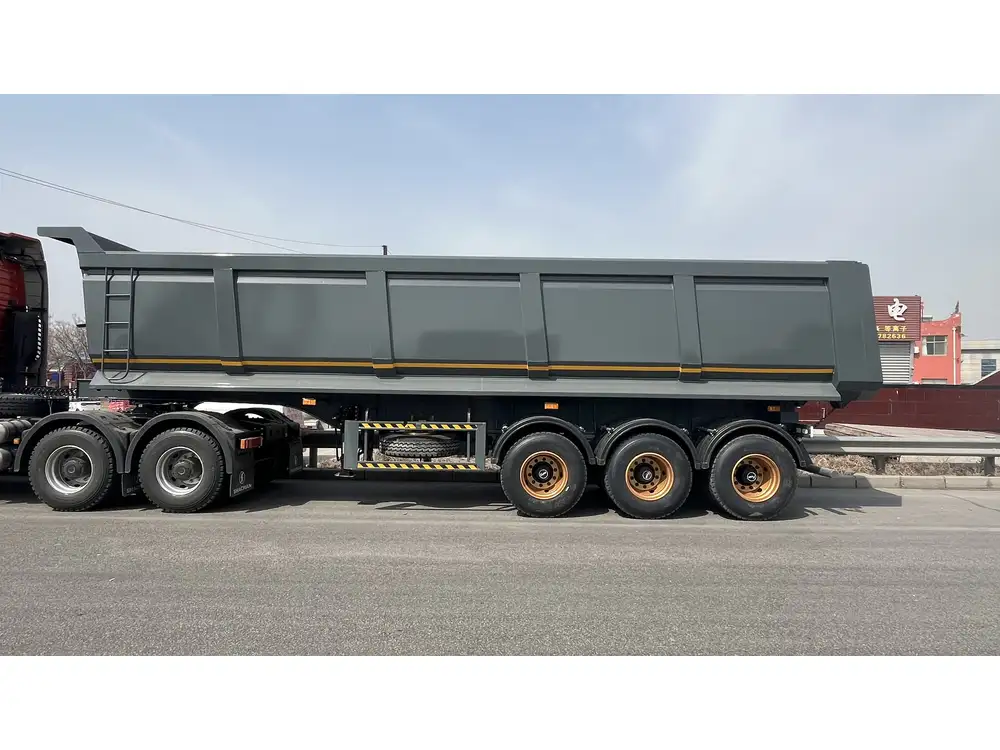
Overview:
Stainless steel is alloyed with chromium, which provides excellent corrosion resistance and a shiny finish. Its rigidity makes it suitable for various applications where aesthetics and durability are essential.
Properties:
- Corrosion Resistance: The primary benefit, making it ideal for trailers exposed to moisture and aggressive environments.
- Aesthetic Appeal: Retains finish and doesn’t exhibit rust, which can be an important consideration for certain brands.
- Strength: While not always as strong as carbon or alloy steel, high-grade stainless steel can be used in critical areas requiring durability.
Applications:
Commonly used in the construction of drop sides, ramps, or custom flatbeds where visuals and longevity are desired.

5. Structural Steel
Overview:
Structural steel is a category used for framework construction due to its standardized shapes and sizes.
Properties:
- Load-Bearing Capacity: Engineered for specific tensile strength, enhancing the trailer’s load-bearing capability.
- Ease of Fabrication: Pre-fabricated sections allow for rapid assembly and customization.
- Consistency: Uniform quality across various batches, which assures reliability.

Applications:
Often the choice for the foundational framework of the trailer and major load-bearing components.
Key Considerations in Steel Selection for Flatbed Trailers
Choosing the appropriate type of steel involves a close examination of several critical factors affecting the trailer’s performance and longevity. Here are the various aspects that should be considered:
1. Load Requirements
The weight to be transported directly influences the type of steel used. A flatbed trailer designed for heavy machinery will require high-grade carbon or alloy steel for enhanced strength, while lighter-duty trailers might suffice with lower grades.
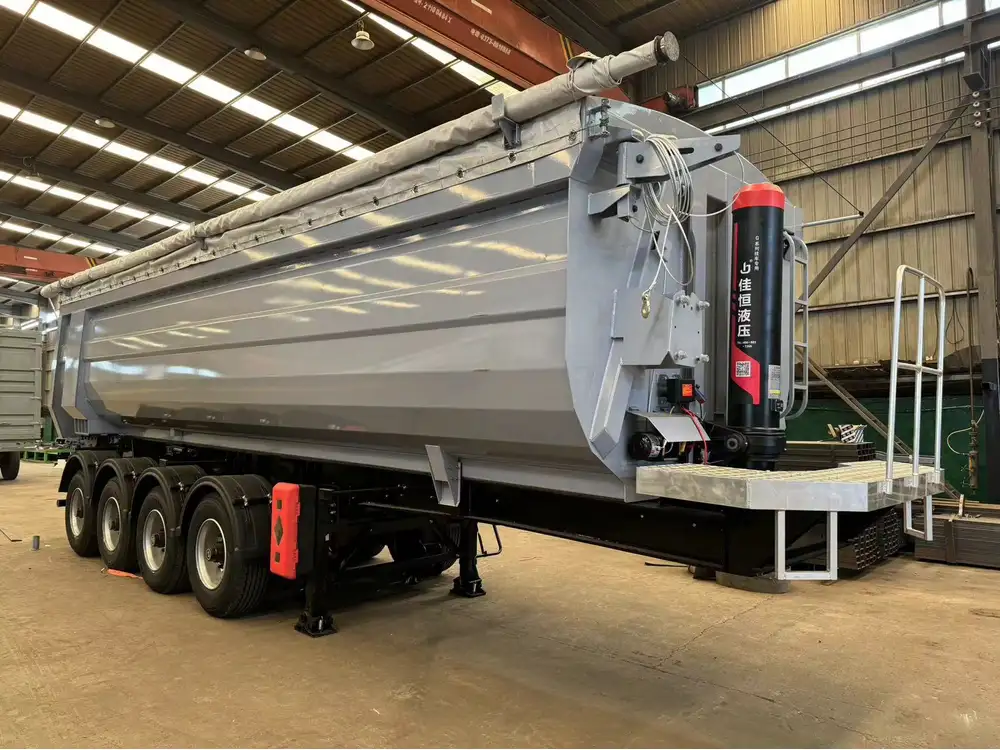
2. Corrosion Resistance
In environments prone to rust, such as regions with high humidity, selecting HSLA or stainless steel can mitigate the risks of corrosion. Such considerations substantially extend the lifespan of the trailer.
3. Cost Effectiveness
The budget available will also dictate steel selection. Manufacturers must balance between upfront costs and the total cost of ownership, factoring in maintenance and replacement expenses.
4. Fabrication and Assembly
Some steel types present challenges in terms of welding and fabrication. Understanding the manufacturing capabilities of your facility can guide the selection process toward steel that aligns with operational strengths.

5. Durability and Maintenance
Assessing the long-term wear and tear associated with different steel grades can aid in choosing materials that offer the finest durability for your specific application.
Comparison Table: Properties of Different Steel Types
| Type of Steel | Strength | Corrosion Resistance | Weight | Cost | Weldability | Common Applications |
|---|---|---|---|---|---|---|
| Carbon Steel | High | Moderate | Moderate | Low | Excellent | Frameworks, flatbeds |
| Alloy Steel | Very High | Moderate to High | Varies | Moderate to High | Good | Heavy-duty applications |
| HSLA Steel | High | High | Lightweight | Moderate | Good | Structural applications |
| Stainless Steel | Moderate | Very High | Heavy | High | Moderate | Custom flatbeds, drop sides |
| Structural Steel | High | Moderate to High | Varies | Moderate | Good | Load-bearing frameworks |
Addressing Common Concerns in Flatbed Trailer Construction
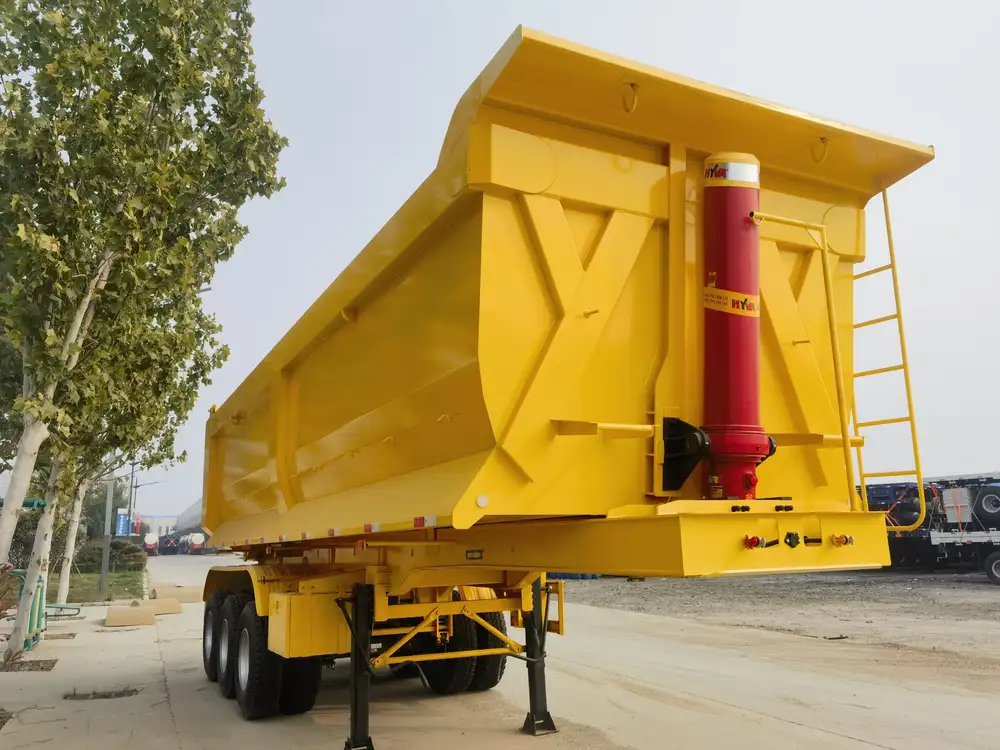
Why Is Steel the Preferred Material?
Among various construction materials, steel dominates the market due to its unmatched strength-to-weight ratio, versatility in fabrication, and cost-effectiveness. Its ability to bear massive loads safely assures many manufacturers that steel remains the best option for flatbed trailers.
How Does Steel Quality Affect Performance?
In flatbed trailer operations, steel quality is not merely an attribute—it is a significant determinant of performance. Subpar steel can lead to structural failures, increased maintenance costs, or even catastrophic accidents in worst-case scenarios. Hence, the steel grade selected should always align with the operational parameters and emphasize safety.
What Are the Environmental Considerations?
Flatbed trailers frequently encounter various environmental conditions, from moisture to extreme temperatures. Selecting a steel type that can endure these conditions while minimizing maintenance needs is crucial in protecting one’s investment.

How Do Different Steel Types Influence Maintenance Needs?
The maintenance requirements can significantly differ based on the steel type. For instance, trailers made of carbon steel may require more frequent inspections and maintenance due to their susceptibility to rust compared to stainless steel options. Understanding these differences helps manufacturers plan effective maintenance schedules.
Conclusion
In the flatbed trailer manufacturing landscape, selecting the correct type of steel is a nuanced decision influenced by myriad factors such as strength, durability, corrosion resistance, and cost. Carbon steel remains the most widely used option due to its excellent balance of strength and cost. However, as applications become more specialized, the demand for alloy, HSLA, stainless, and structural steel is on the rise. By carefully considering the unique requirements of each application and the environmental factors at play, manufacturers can optimize their trailer designs for safety, performance, and longevity.



